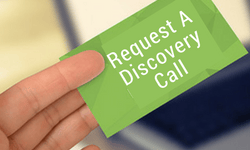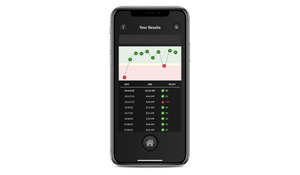The close call at SFO last month when a plane came within 5 feet of landing on top of other airplanes illustrates the critical element of fatigue in the workplace. If the pilot, in his fatigued state, had not pulled up at the last minute, he could have killed over 1,000 people in the worst disaster in aviation history.
Airline pilots have their own special hell when it comes to developing fatigue management strategies, waking up in one time zone, crossing into others during the day, and putting their heads down on the pillow for much-needed rest when, based on where they started their day, their bodies could be thinking it is still the middle of the afternoon.
Most of us don’t have those types of challenges in our jobs, but it can still be hard to be alert when you start your day before the sun comes up, in the maximum-rest hours of 3 am to 6 am, not to mention people (like myself) who really don’t become alert until late morning, just because we’re built that way.
There will always be the anomaly of a bad night’s sleep. But overall, both individual employees and their companies can take fatigue more seriously and make decisions to put alertness at the top of the list of high-performance indicators and fatigue management strategies.
Here are a Few Basic Fatigue Management Strategies that Could Make Your Workday a More Pleasant Experience
Fatigue Management Strategy 1 - Give Your Brain a Break
Step away from the TV remote. You do not need to binge-watch that Netflix series after 9 pm. Think of your brain as an excitable little hamster on a hamster wheel. It takes a while to wind down. Give the poor thing a break.
Fatigue Management Strategy 2 - Be Mindful of What You Eat, and Drink
If you have to be awake through a night shift, don’t eat a dinner that under normal circumstances would put you comatose on the couch for the evening. Eat your carbs and sugar during another meal, and for dinner, eat protein and vegetables. Do your body a favor and help it burn cleanly so as not to stress it out any more than it already is. Oh, and coffee and energy drinks. I’m not being puritanical here, but you are asking your body to go against its circadian rhythms, so if you’re just in the habit and you don’t truly need stimulants in the middle of the night, let them go and get a fancy water bottle.
Fatigue Management Strategy 3 - Be Honest About Your Alertness Cycles
I can’t do critical tasks first thing in the morning, so I avoid them as much as I can. Choose a job, or organize that job, so that you take advantage of your body’s natural performance peaks. It’s not just a matter of willpower and you’re not lazy. No one can match my energy at 2 pm, but the workplace will never see that as a virtue. So I have to advocate for myself.
Fatigue Management Strategy 4 - Sleep is King
I repeat, SLEEP IS KING. I grew up with a father who got up at an ungodly hour to broadcast the early morning news on radio. He came home for a nap every day, and that was the quiet hour at our house. I learned at an early age that sleep was something that mattered.
There are ways in which companies can respect their employees’ energy levels, just the way my family respected each other’s. Excessive noise, heat, or critical task schedules can set people up to falter.



